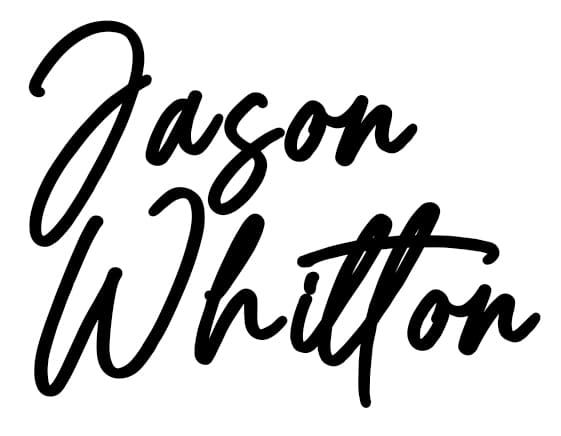
Property Hack: How To Pay Less Tax and Keep Your Cash
Being a smart and successful property investor means dealing with tax – all different kinds of tax, all the time.
When we talk about tax as investors, we see our cash go flying out the window, but the more you know about tax and how to reduce it, the more cash you can keep.
Having a smart investing strategy around tax will save you money by minimising your payments and maximising your returns, so you need to get educated.
So, what are the different kinds of tax you’ll face as a property investor and how can you navigate them?
STAMP DUTY
The amount of stamp duty (sometimes called transfer duty) you will pay when you buy a property will vary state to state and adds another cost to your purchase price. There are ways to minimise the amount you pay, which include:
- If you buy a house and land package (where the house is yet to be built) you only pay stamp duty on the land portion of the purchase price, which can reduce your stamp duty by up to 50 per cent.
- First-home buyers often get a pass (or significant reduction) on paying stamp duty. Again, this varies state to state and sometimes relates to the value of the property.
- Some states offer stamp duty reductions if you’re buying a newly built home or are planning to build one yourself.
- Buying a house that will be your primary residence, or buying a cheaper property, can reduce your stamp duty costs.
To find out about the stamp duty costs and potential reductions in your area go to your state government website or talk to the team of experts at Positive Real Estate.
CAPITAL GAINS TAX
Capital Gains Tax (CGT) is a tax on the profit you make when selling an asset such as stock, bonds or property. Ways to avoid it are:
- Never sell your property – ever!
- Owning a property for more than 12 months reduces your CGT payment as long as it’s in your own name. And if you’re selling a property which has been your primary residence and has not incurred an income, it’s also CGT-free.
- The temporary absence rule means as long as the property was your primary residence for more than 12 months, you can rent it out for up to six years and it remains CGT-free. The period is then reset as long as you move back into the property.
- Properties you own in your Superfund become CGT-free as soon as you enter your retirement phase, and accumulate less CGT prior to that.
LAND TAX
Investment properties attract a land tax and it’s calculated annually based on the value of land in your state. Again, land tax varies state to state and is exempt in the Northern Territory. Ways to reduce land tax when making investments include:
- Buying properties in different states to stay under the land tax threshold. The more land you own in one state, the higher the tax.
- Buying properties (apartments over houses) that have lower land value.
- Purchasing a property in someone else’s name, who hasn’t hit the land tax threshold.
Tax is an inevitable part of property investment, but if you get all the information and create a smart investing strategy, you can avoid paying too much and keep more of your cash.
SMART INVESTING
Every successful investor has a plan around how they will invest and manage their portfolio for long-term success. With a significant amount of money on the line, it would be crazy buying real estate without a clear strategy in place.
Start off your journey with a free property investing seminar to help get you across the fundamentals.
Here, you’ll be equipped with the tools, resources and support to thrive, and not fall behind on your path to financial freedom – whatever that may look like for you.
Book your spot now and find out what you need to know about the current market landscape and how you can make it work for the ultimate wealth creation opportunities.
By Jason Whitton
Group CEO Positive Real Estate





